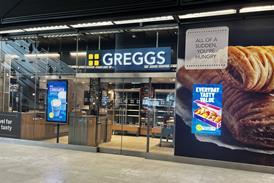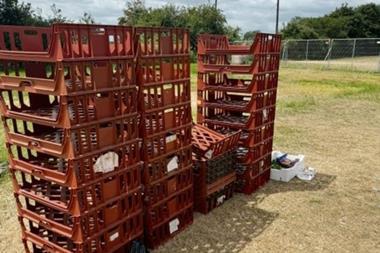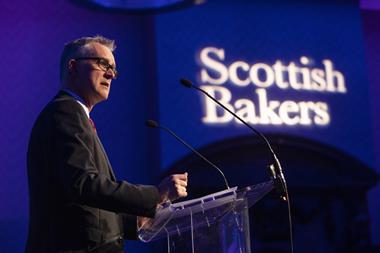Far from shy when it comes to letting the public know about food product recalls, the Food Standards Agency publishes such alerts bang in the middle of its website home page, where they carry maximum impact.
That, in itself, shows how the consequences of a product recall are not limited to the financial penalties. A company’s entire reputation is at stake – and often it can be a long road back to restoring consumer confidence.
Taking a closer look at these online alerts reveals that “point-of-sale notices will be displayed in stores that sell this product”. That is more bad publicity – and demonstrates the huge
amount of effort and cost the business must expend to identify all outlets stocking the product.
It is a time-consuming and arduous exercise for all concerned, and leads to more embarrassment for the manufacturer, not to mention the inconvenience and expense to retailers. The regulator will require certification declaring that the recall has been successfully carried out and that the offending stock has been taken off the market by destruction or returned to the manufacturer.
Potential areas of concern for bakeries include nuts and seeds, which were one of the highest recalled commodities in Europe last year and made up almost half of all product recalls during the second quarter.
Significant bakery-related recalls in recent years have included Genius Foods, with major supermarkets removing 20 free-from products from shelves in June 2015 over fears they might contain gluten. Genius took the right approach, removing the source of gluten contamination immediately from the bakery, contacting relevant allergy support organisations, and swiftly reassuring the consumer market that it was preventing any further risk.
Regulators have the power to prosecute if they think a baking manufacturer’s efforts to secure a total product recall have been inadequate and, although they may approve or comment on steps a manufacturer proposes to take, they will not help, taking the position that this is the supplier’s problem, not the regulator’s.
Along with it creating a public relations nightmare, every recall also carries a prosecution risk for placing unsafe food on the market. This is compounded by tougher new sentencing guidelines for food safety offences, introduced last year.
Perhaps the most significant change to health & safety legislation since the introduction of the Health and Safety at Work Act in 1974, the guidelines have introduced a structured nine-step approach that courts will follow to calculate sentences.
They focus heavily on the turnover of organisations in order to decide the range of penalties. For convicted corporate defendants, we can expect to see a significant increase.
But turnover is not the only factor. Among the considerations are culpability, and the likelihood and seriousness of harm being caused. For example, a company with a turnover of £11m, which is regarded as committing an offence of medium culpability but with a high likelihood of serious harm, would face a fine in the range of £35,000 to £190,000.
For any company faced with the potential double whammy of financial penalty and damage to reputation, avoidance is clearly the best strategy. Ensuring the obvious precautions, such as screening, are in place is vital as the regulations do provide a defence for manufacturers who have taken all reasonable precautions.
If the worst happens despite good intentions and best efforts, then the quality of the contingency plans in place will determine how bad it gets.
Fundamental to any crisis management is establishing control over your organisation’s internal and external communications before formally announcing any recall, as any inconsistency could be harmful if the case reaches court.
A manufacturer should know its part in the supply chain and have a means of contacting stockists quickly and reliably.
Having systems that enable a timely and robust investigation into the circumstances and the ability to take swift action to recall products will mitigate the consequences. Such advanced planning for an event that may never happen may seem excessive – but it could save your company a lot of money in the long run.
Author John Mitchell is a partner at law firm Blake Morgan, specialising in food and drink regulatory law.


























No comments yet